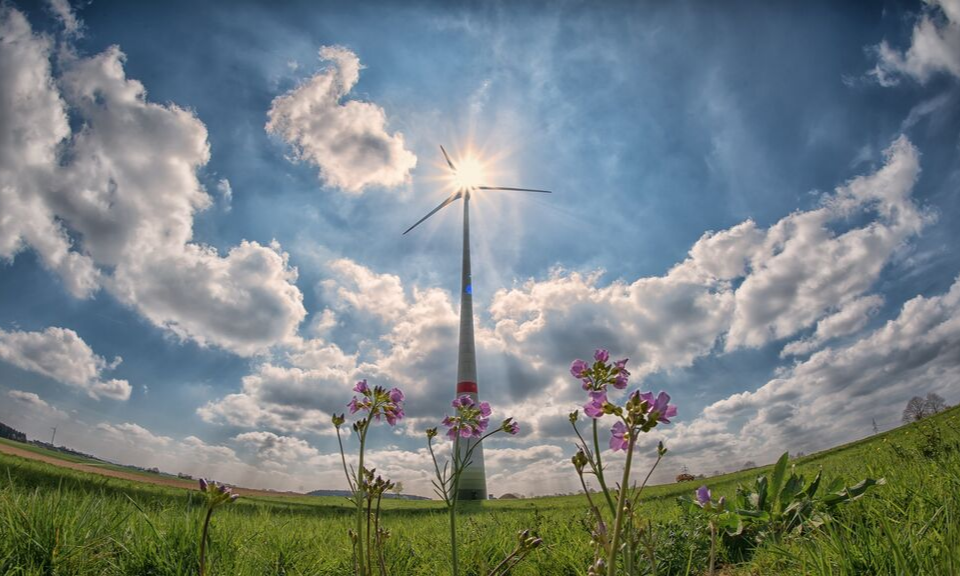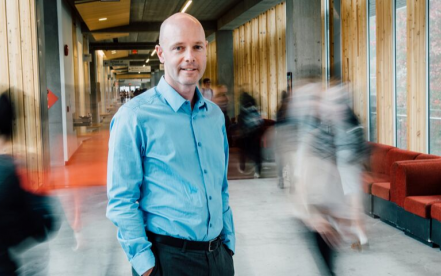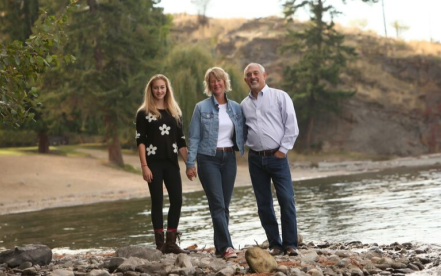Talking about the energy revolution

Canada’s clean energy sector is growing faster than the rest of the nation’s economy, accounting for almost 300,000 jobs and attracting tens of billions of dollars in investment each year. It’s encouraging news—and SFU’s Merran Smith believes more people need to be talking about it.
“The debate about energy has grown in Canada but people are often missing half the picture. They often only talk about the oil and gas sector,” says Smith, executive director of Clean Energy Canada, a climate and clean energy program within the Morris J. Wosk Centre for Dialogue at SFU. “Canadians need to know and understand more about the clean energy sector, how we can grow it even further, what policies will create even more jobs.”
As part of SFU’s strong commitment to addressing environmental concerns and creating a sustainable future, the Clean Energy Canada team works to accelerate the transition to a renewably powered economy by conducting original research, informing policy leadership, convening dialogue and building civic engagement.
It has partnered with Navius Research to quantify Canada’s clean energy sector to better understand its economic contribution and the number of jobs it provides. The result is an up-to-date, unique examination of the sector and its relevance to Canadians.
“Clean energy is a diverse, cross-Canada employer, with jobs in every province and in many industries,” Smith explains. “It’s urban and rural, blue collar and white collar, high tech and union. There is a huge range of employment opportunities… It’s where people want to work, especially the younger generation, in all its facets.
“It’s important to note that this isn’t just about jobs for the future, it’s about jobs for today.”
The sector comprises companies and jobs that help to reduce carbon pollution—whether by creating clean energy, helping move it, reducing energy consumption or making low-carbon technologies. That includes manufacturing solar panels and wind turbines, maintaining grids that deliver increasingly clean electricity to homes and businesses, designing and building energy efficient facilities and driving electric buses.
The sector also drives innovation and is home to several world-leading cleantech companies. Half of Canada’s 12 companies on the recent Global Cleantech 100 list came from B.C.
Smith believes smart policies and investments will ensure Canada’s continued growth and excellence.
“As the world transitions away from fossil fuels, Canada can really be a leader in this area,” she says. “We can punch above our weight.”
__
Founded in 2000, the Morris J. Wosk Centre for Dialogue creates opportunities for constructive engagement and solutions-oriented outcomes. Its work is generously supported by many philanthropic individuals and organizations.


